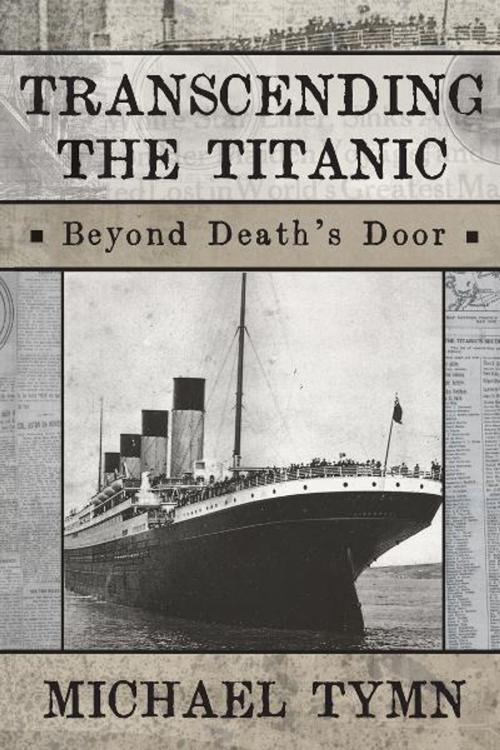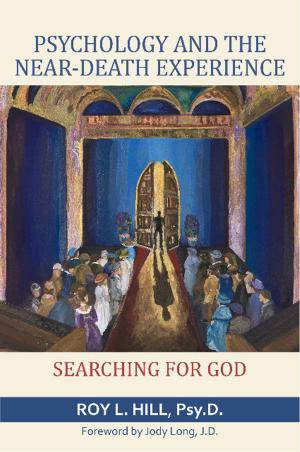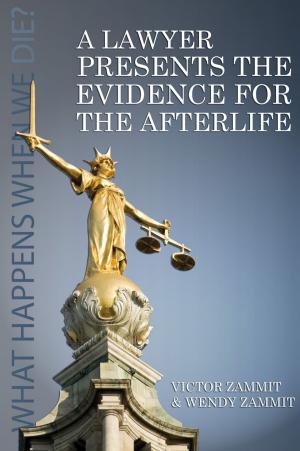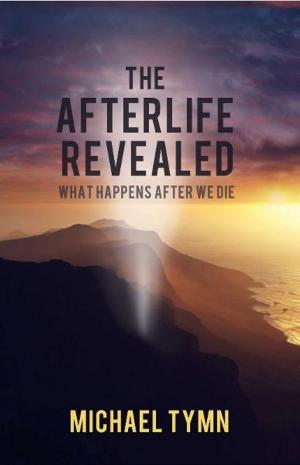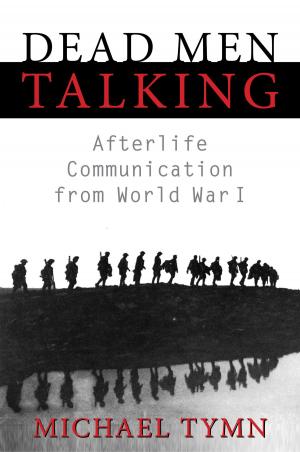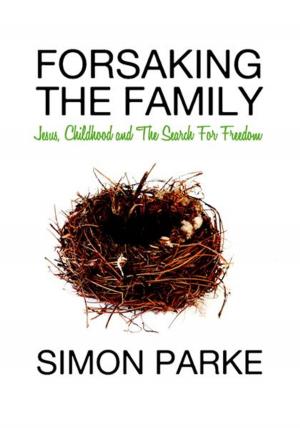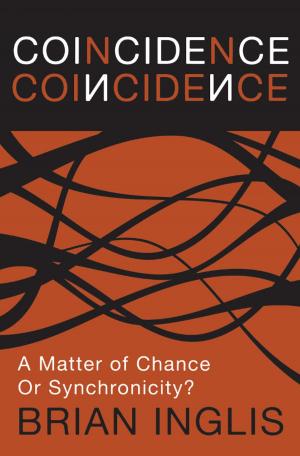Transcending the Titanic: Beyond Death's Door
Nonfiction, Religion & Spirituality, Occult, Spiritualism, New Age| Author: | Michael Tymn | ISBN: | 9781908733030 |
| Publisher: | White Crow Productions Ltd | Publication: | January 25, 2012 |
| Imprint: | White Crow books | Language: | English |
| Author: | Michael Tymn |
| ISBN: | 9781908733030 |
| Publisher: | White Crow Productions Ltd |
| Publication: | January 25, 2012 |
| Imprint: | White Crow books |
| Language: | English |
A Different Perspective on the Titanic DisasterAs the Titanic plunged to the bottom of the Atlantic Ocean, Colonel Archibald Gracie was sucked down with it. However, he somehow managed to surface and survive, and he soon found himself sprawled on an overturned life raft, his clothes waterlogged and his teeth chattering from the icy cold. He noticed that the seaman next to him on the raft had a dry cap and asked him if he could borrow it for just a few minutes to warm his head. And what would oi do? was the curt reply. Ah, never mind, said Gracie, as he thought it would make no difference a hundred years hence. Those hundred years are up this year on April 15 and we might assume that it no longer makes any difference to Colonel Gracie, wherever and however he now exists. But understanding Gracies ordeal and those of the other 2,222 passengers, including the crew, of the Titanic, might make a difference now for some people those interested in learning from the experiences of others while searching for greater meaning in lifes suffering and tragedies. Basically, the Titanic story is about dying and death, a subject many people dont like to think about. Dying is especially difficult in America, writes Kathleen Dowling Singh, Ph.D., an experienced hospice worker, in her 1998 book, The Grace in Dying. Our cultural blinders to the world of Spirit, to the transpersonal realms, have left us bereft of meaning, struggling alone with the chaos of psychic deconstruction and physical dissolution.This book is not quite like other books about the Titanic. As the title suggests, it is an attempt to explore the more transcendental aspects of the Titanic story those suggesting a non-mechanistic universe. The subjects include premonitions, apparitions, out-of-body experiences, telepathic communication among the living, and after-death communication, many related to the Titanic passengers, others offered in support of the Titanic phenomena. Key among the passengers is William T. Stead, a British journalist. Although much has been written about Steads spiritual pursuits and experiences, very little of it has been discussed in other books about the disaster. Thus, the book is somewhat unique in this respect.
A Different Perspective on the Titanic DisasterAs the Titanic plunged to the bottom of the Atlantic Ocean, Colonel Archibald Gracie was sucked down with it. However, he somehow managed to surface and survive, and he soon found himself sprawled on an overturned life raft, his clothes waterlogged and his teeth chattering from the icy cold. He noticed that the seaman next to him on the raft had a dry cap and asked him if he could borrow it for just a few minutes to warm his head. And what would oi do? was the curt reply. Ah, never mind, said Gracie, as he thought it would make no difference a hundred years hence. Those hundred years are up this year on April 15 and we might assume that it no longer makes any difference to Colonel Gracie, wherever and however he now exists. But understanding Gracies ordeal and those of the other 2,222 passengers, including the crew, of the Titanic, might make a difference now for some people those interested in learning from the experiences of others while searching for greater meaning in lifes suffering and tragedies. Basically, the Titanic story is about dying and death, a subject many people dont like to think about. Dying is especially difficult in America, writes Kathleen Dowling Singh, Ph.D., an experienced hospice worker, in her 1998 book, The Grace in Dying. Our cultural blinders to the world of Spirit, to the transpersonal realms, have left us bereft of meaning, struggling alone with the chaos of psychic deconstruction and physical dissolution.This book is not quite like other books about the Titanic. As the title suggests, it is an attempt to explore the more transcendental aspects of the Titanic story those suggesting a non-mechanistic universe. The subjects include premonitions, apparitions, out-of-body experiences, telepathic communication among the living, and after-death communication, many related to the Titanic passengers, others offered in support of the Titanic phenomena. Key among the passengers is William T. Stead, a British journalist. Although much has been written about Steads spiritual pursuits and experiences, very little of it has been discussed in other books about the disaster. Thus, the book is somewhat unique in this respect.
